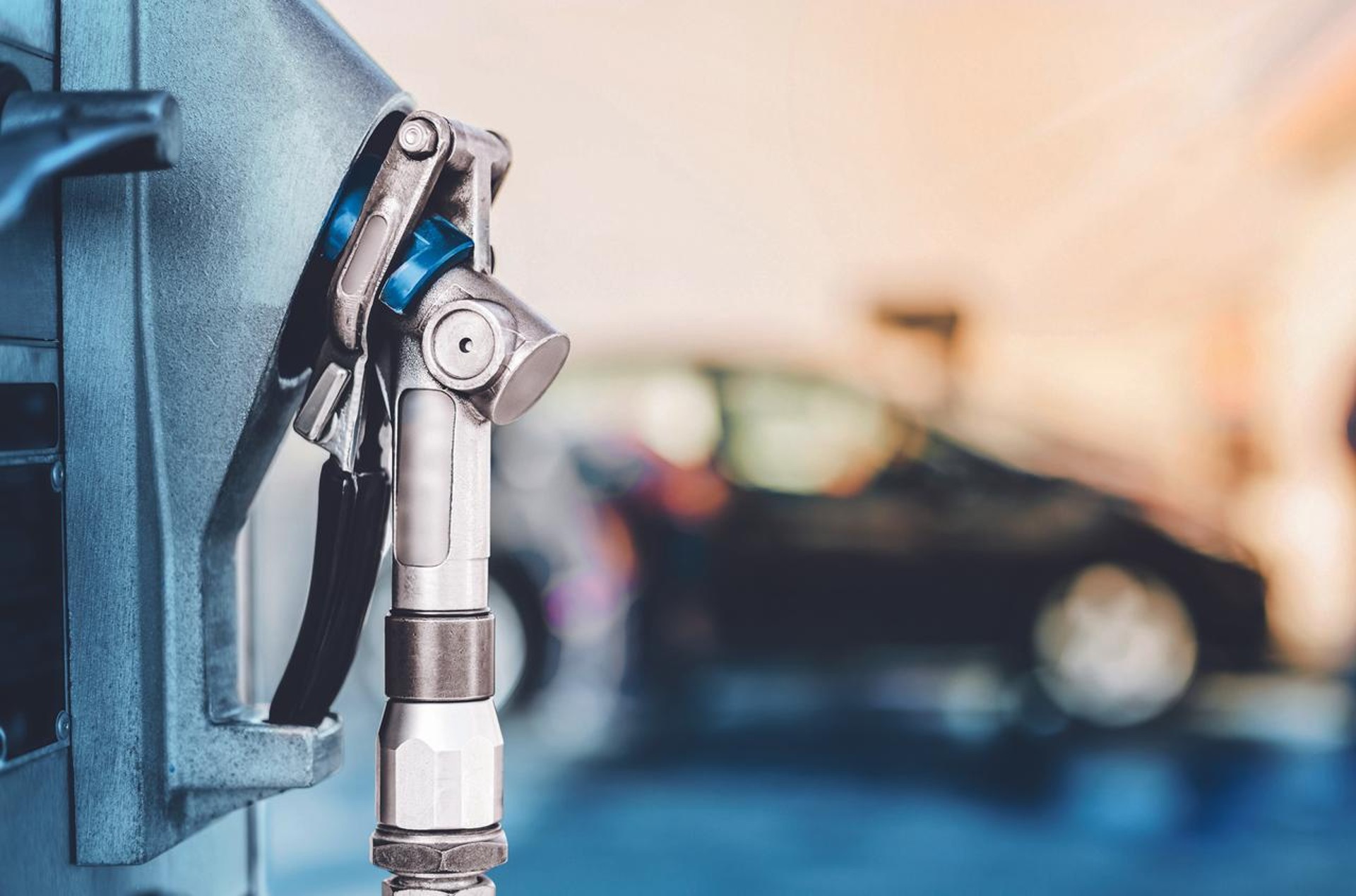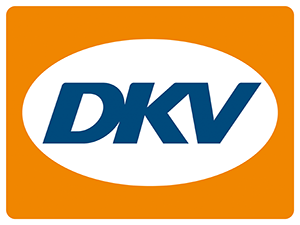Alternative fuels: a sustainable and necessary boost

It is becoming increasingly imperative for companies to transform their business models to reduce their carbon footprint, especially in sectors such as transportation, which is responsible for a large number of emissions. We asked Víctor García Iglesias, Managing Director VatServices in Spain, why beyond fleet electrification, alternative fuels are another important way to encourage more sustainable practices and how DKV Mobility is already offering these refueling options in their services.
"The energy turnaround is on the agenda of every light-duty fleet manager. Companies are increasingly aware of the need to transform their model to reduce their carbon footprint, but not all the necessary measures that could be taken are being implemented. Improving air quality is perfectly compatible with an efficient and cost-effective fleet system.
That is why I insist that transport can do more to improve its environmental impact. According to data from the Ministry of Ecological Transition, this sector accounts for 25% of total greenhouse gas emissions in Spain. By mode of transport, road transport takes the lead: it accounts for almost 95% of emissions. It is therefore imperative that more sustainable practices are encouraged.

Víctor García Iglesias, Managing Director VatServices
At this point, it is common for a switch to electric vehicles to be seen as the only viable alternative for fleet managers looking to reduce their carbon footprint. The truth is that, without questioning the benefits of fleet electrification, there are other options that can also be considered. I am referring to alternative fuels, the benefits of which some managers are already taking advantage of.
To enable the transition to a greener fleet, alternative fuels have emerged as a promising alternative to reduce the carbon footprint and minimize environmental impact. Among the options available are liquefied natural gas (LNG), compressed natural gas (CNG), autogas (LPG) and hydrogen. DKV Mobility offers refuelling services in all these modalities.
LNG and CNG: lower emissions with natural gas
LNG is a liquefied natural gas that is inherently odourless, non-corrosive and non-toxic. It is composed mainly of methane, ethane, propane and other hydrocarbons, making it ideal for long-distance transport. CNG, on the other hand, is compressed natural gas with an increasing proportion of biogas and a high calorific value.
The advantages of both gases are significant. Natural gas is more affordable than diesel, which is reflected in economic benefits. Refuelling time is similar to petrol or diesel, and engine noise is significantly reduced. In addition, these fuels virtually eliminate emissions of sulphur dioxide, soot and other particulate pollutants. In terms of carbon footprint, natural gas produces up to 23% less CO₂ compared to conventional fuels.
Autogas: less polluting during combustion
Autogas, or liquefied petroleum gas (LPG), is a by-product of oil refineries and is one of the most readily available alternatives. It also has significant advantages. It is much cheaper than diesel or petrol and produces less pollution during combustion, resulting in lower exhaust emissions.
Hydrogen as a key to the energy future
Hydrogen is nature's most abundant chemical element. Its global demand as a fuel has tripled since 1975, according to the IEA. Green hydrogen is considered a clean energy source that leaves no waste in the air. In this respect, it presents itself as an exciting option for the future of sustainable mobility.
It is a refrigerated fuel that is refuelled at high pressure and, in the vehicle's fuel cells, combines with oxygen from the air to release energy, generating only water in the form of vapor. At DKV Mobility, we plan to make more and more hydrogen stations available in our network in the coming years.
AdBlue: another key player in emission reductions
In addition to alternative fuels, it is important to highlight the contribution of AdBlue, a liquid that reduces NOx and soot particulate emissions in modern diesel engines. It helps vehicles meet European emission standards by converting NOx into water vapor and nitrogen. AdBlue is a mixture of demineralized water and urea, is non-toxic and has virtually no colour.
In short, alternative fuel options are creating new perspectives for sustainable mobility and emission reductions. As we move towards a cleaner and more environmentally friendly future, alternative fuel choices will play a key role in promoting greener transport."
